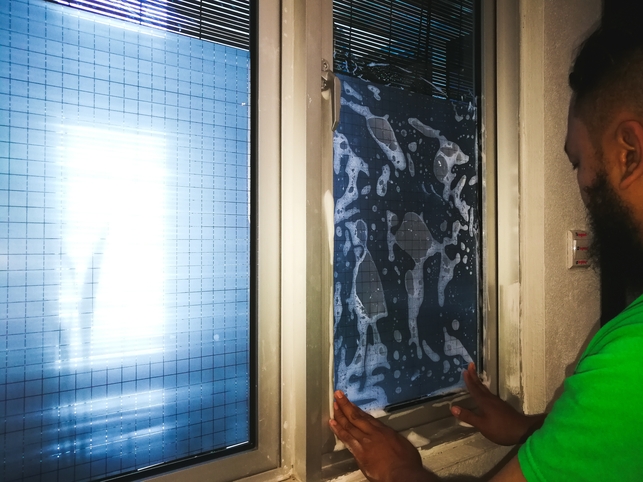Window tinting is becoming increasingly popular not only for automobiles but also for residential properties. House window tinting offers several benefits, from improved energy efficiency to increased privacy. However, like any home improvement option, it has its drawbacks as well.
In this article, we will explore the pros and cons of house window tinting to help you make an informed decision.
Pros of House Window Tinting
● Enhanced Energy Efficiency
One of the significant advantages of window tinting is its ability to improve energy efficiency. Tinted windows can reduce heat gain during the hot summer months, reducing the need for excessive air conditioning. Likewise, during the winter, window tinting can help retain heat indoors, reducing reliance on heating systems. By regulating the temperature, homeowners can enjoy lower energy bills.
● UV Radiation Protection
Harmful ultraviolet (UV) rays from the sun can fade furniture, flooring, and artwork over time. Home window tinting can block up to 99% of UV rays, safeguarding your interiors from sun damage. Additionally, it protects your skin from prolonged exposure to UV radiation, reducing the risk of skin cancer.
● Glare Reduction
Glare from direct sunlight can be irritating and make it challenging to work or relax indoors. Window tinting significantly reduces glare, making it easier to watch television, work on a computer, or enjoy a sunny day without straining your eyes. This can contribute to a more comfortable living environment.
● Increased Privacy
Privacy is a valuable asset for any homeowner. Window tinting provides an extra layer of privacy by limiting the visibility into your home from the outside. It allows you to enjoy natural light without compromising your security or privacy.
Cons of House Window Tinting
● Initial Cost
The cost of installing window tints can vary depending on the size of your windows and the quality of the film. While the long-term energy savings can offset the initial investment, the upfront cost may be a deterrent for some homeowners.
● Restricted Visibility
While window tinting offers privacy, it can also restrict visibility from the inside out. This means that during the night, it may be challenging to see outside or enjoy the view. It is important to consider your personal preferences regarding visibility when opting for window tinting.
● Maintenance and Durability
Window tinting requires proper maintenance to ensure longevity. Over time, the film may become scratched, peel, or bubble, requiring replacement. Poor installation or low-quality materials can affect the durability of the tint and result in a less appealing appearance.
● Limited Natural Light
Window tinting reduces the amount of natural light that enters your home. While this can be advantageous for reducing glare, it may also make your living spaces appear darker. If you prefer bright and well-lit interiors, window tinting may not be the ideal choice.
Conclusion
House window tinting offers several advantages such as improved energy efficiency, UV protection, glare reduction, and increased privacy. However, it is essential to consider the potential drawbacks, including the initial cost, restricted visibility, maintenance requirements, and reduced natural light.
Before making a decision, evaluate your specific needs and preferences, and consult with a professional to determine if window tinting is the right choice for your home. Apart from properties, window tinting is also essential for cars, and for those who want to know what makes an excellent car window tinting, here are some signs for you to check out.
